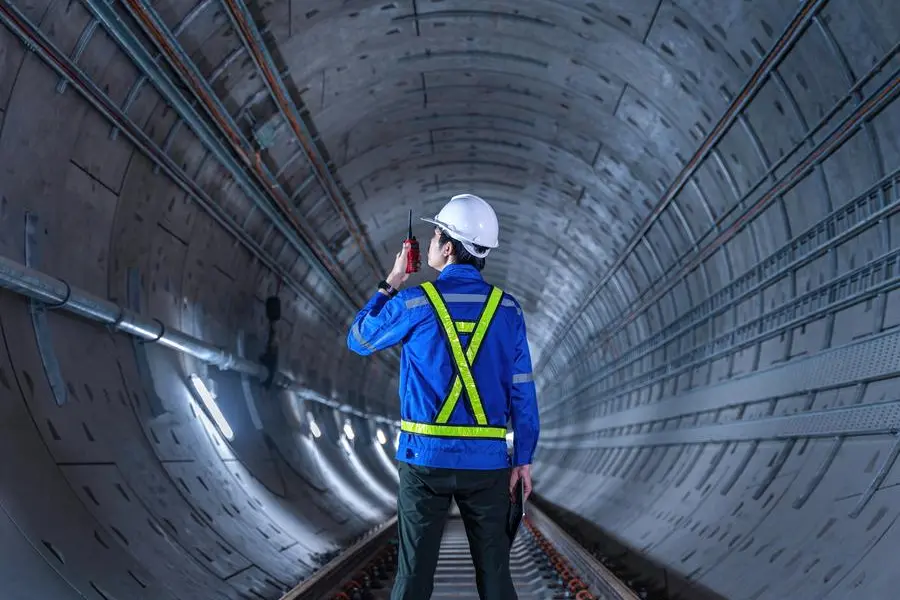PHOTO
In a bid to alleviate the Philippine economy, reduce traffic congestion, enhance connectivity, reduce carbon emissions, and enhance food security across the archipelago, the government has launched an ambitious railway development plan that aims to modernize and significantly expand the country's railway network.
The state will be supporting a multi-billion-dollar investment program to construct new railway lines, integrate existing railway infrastructure, and introduce state-of-the-art railway system technologies. The plan includes the development of high-speed rail networks, suburban commuter lines, and inter-island connections, marking a pivotal shift toward sustainable and efficient public transportation.
One of the two major railway flagship projects to be unveiled soon is the North Luzon Railway Project, also known as The Amianan Express, with an approximately 1,300-kilometer high-speed and commuter lines connecting the Clark Freeport Zone in Pampanga to Cagayan Export Zone in Cagayan Valley to other 12 provinces in the region.
Next is the long-awaited Mindanao Railway Project, called The Eagle Express, with an approximately 1,500-kilometer high-speed railway system that connects all key cities in the Mindanao region. The railway system shall be equipped with cutting-edge passenger and freight trains capable of speeds up to 180-200 kilometers per hour.
The Philippine railway plans extends its reach to underserved regions, with plans to construct new lines in Bicol, Palawan and Visayas. This inclusive approach aims to bridge the gap between rural and urban areas, unlocking opportunities for economic development and empowering communities across the country. Creation of more economic power hubs and tourism hubs is seen inevitable as the rail system emerges, leading to the nation's greater progress.
Part of the railway development plan initiatives is to prioritize sustainability, with focus on technology transfer through the establishment of the country's first Philippine Railway Academy, which shall open the first railway engineering course and expected to generate much needed railway engineers and railway specialists for future modern railways.
Copyright © 2022 PhilSTAR Daily, Inc Provided by SyndiGate Media Inc. (Syndigate.info).





















